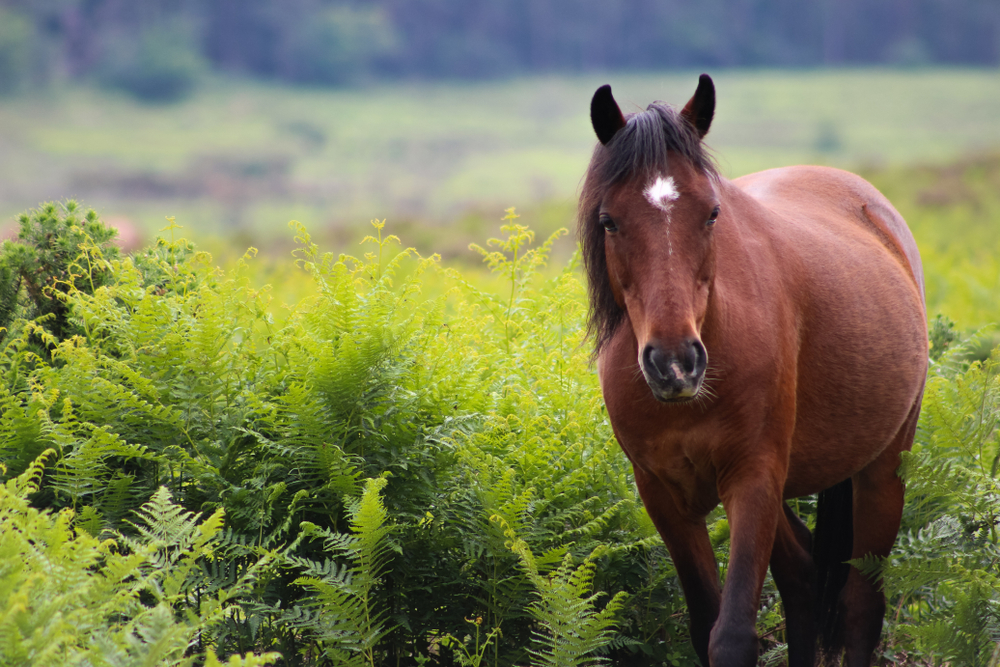Quick Summary
Click here for Price and Turnaround Time
Phenotype: Affected foals are born normal but begin showing signs within the first few months of life. These foals are often seen lying down and have difficulty rising to their feet due to muscle stiffness.
Mode of Inheritance: Autosomal recessive
Alleles: N = Normal, CM = Congenital Myotonia
Breeds appropriate for testing: New Forest Pony
Explanation of results:
- Horses with N/N genotype will not have this inherited form of neuromuscular disorder and cannot transmit this allele to their offspring.
- Horses with N/CM genotype will not be affected by this inherited form of neuromuscular disorder but are carriers. They may transmit this allele to 50% of their offspring. Matings between two carriers are predicted to produce 25% of affected foals.
- Horses with CM/CM genotype are expected to develop this form of neuromuscular disorder and will transmit this allele to all of their offspring.
Congenital myotonia (CM) is a heritable neuromuscular disorder characterized by a slow relaxation of skeletal muscles following voluntary contraction. The condition affects humans, goats (“fainting” goats) and horses.
A missense genetic variant (c.1775A>C, p.D592A) in the equine CLCN1 gene is associated with congenital myotonia in the New Forest Pony. Affected foals are born normal and have well developed musculature soon after birth but begin showing signs of this neuromuscular disorder within the first few months of life. Affected foals present with recurrent episodes of recumbency (lying down) and have difficulty rising to their feet due to muscle stiffness.
This CM allele is inherited in an autosomal recessive manner, meaning that an animal must inherit two copies of the CM allele to be affected by this neuromuscular disorder. Horses with one copy of the CM allele are carriers and, while they will be normal, they may pass on the CM allele to their offspring.
This CM allele has not been detected in other horse breeds to date.
Testing recommendations: Testing for CM assists owners and breeders in identifying affected and carrier horses. Breeders can use results from the test as a tool for selection of mating pairs to avoid producing foals affected by this neuromuscular disorder.

